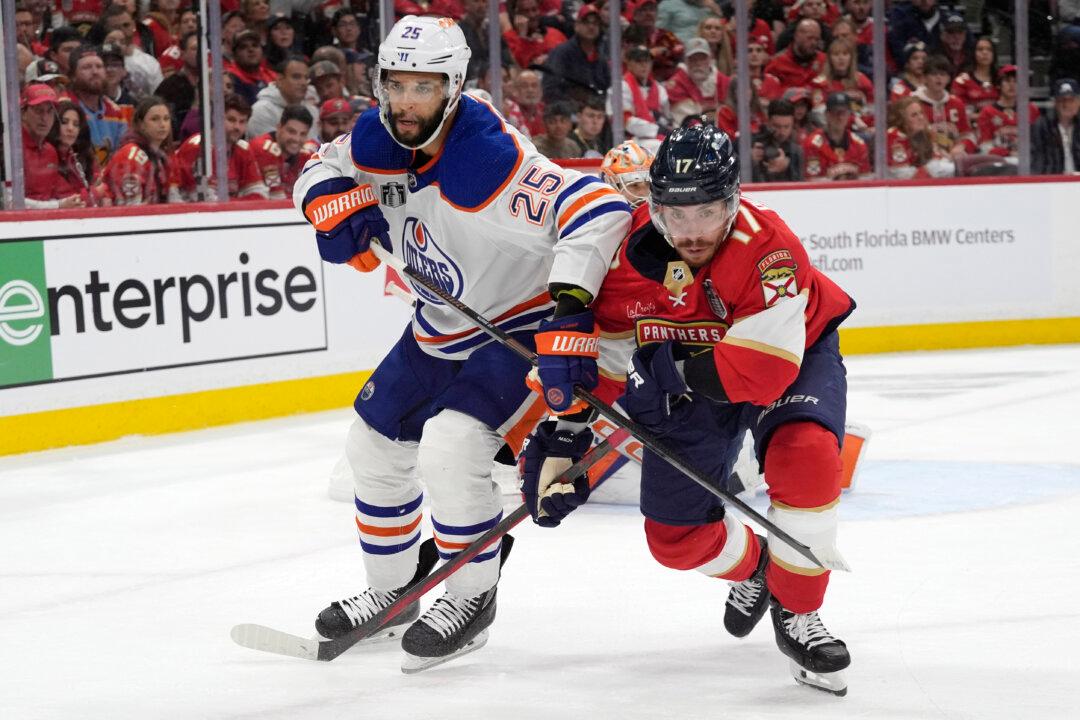Commentary
How ‘bout them Oilers? A Canadian team finally reaches the finals in our national sport, only the sixth in 30 years, and with our usual passion for the bronze we’re almost as excited as when our soccer team plays a scoreless tie with mighty France. And if you ask who cares what these overpaid man-boys do, I reply that normal people find them a lot more interesting and admirable than politicians.





